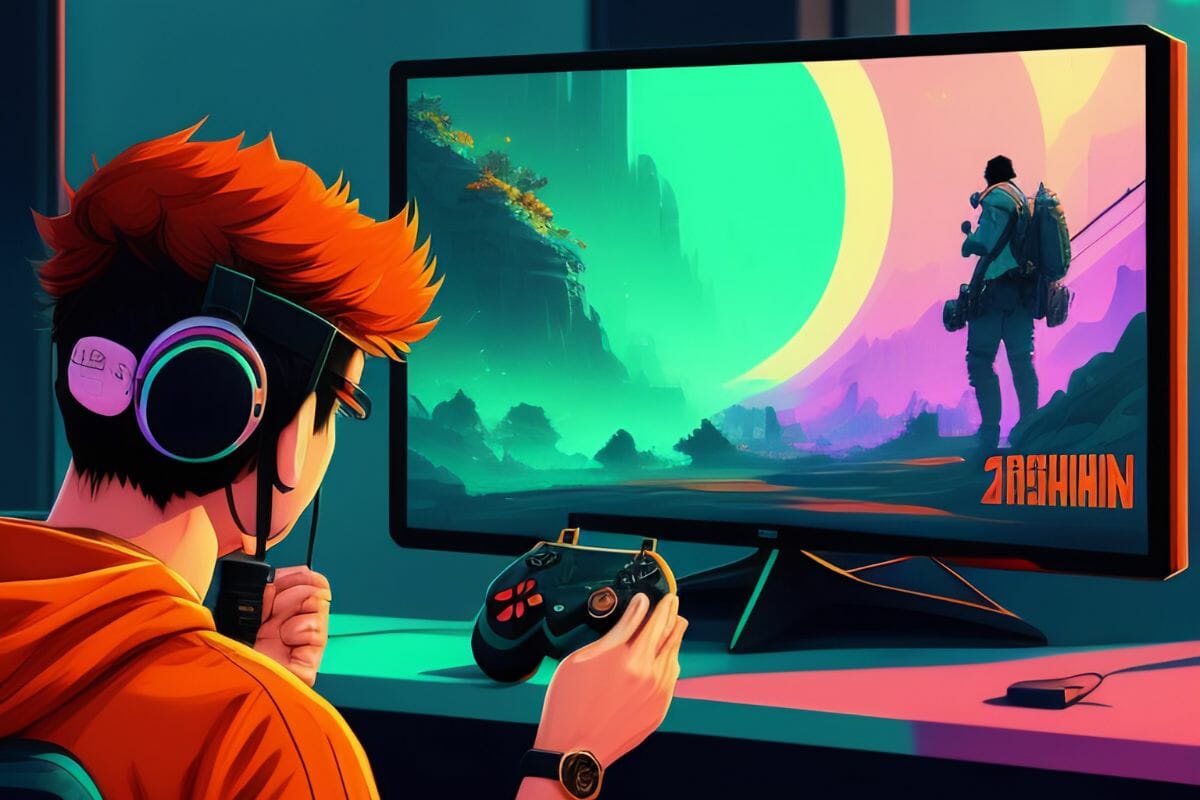Combining blockchain technology, decentralized networks, and non-fungible tokens (NFTs), Web3 gaming has opened up new possibilities for gamers and developers alike. With its unique features and potential for growth, Web3 gaming is paving the way for the future of the gaming industry. In this article, we will explore the concept of Web3 gaming, its benefits, and its impact on the gaming landscape.
Understanding Web3 Gaming
Web3 gaming refers to games built on blockchain platforms such as Ethereum, Solana, or Polygon. Unlike traditional gaming, Web3 games leverage the decentralized nature of blockchain technology, offering players a truly immersive and decentralized gaming experience. These games utilize smart contracts, which are self-executing contracts with the terms of the agreement directly written into code.
The Benefits of Web3 Gaming
I) Ownership and Asset Interoperability
One of the major advantages of Web3 gaming is the concept of ownership. In traditional gaming, players do not truly own the virtual assets they acquire within the game. However, in Web3 games, players have actual ownership of their in-game assets through the use of NFTs. NFTs are unique digital assets that can represent items, characters, or even land within a game. This ownership empowers players to buy, sell, and trade their assets freely, creating a vibrant and decentralized marketplace.
Furthermore, Web3 gaming enables asset interoperability, allowing players to transfer their assets across different games. This interoperability opens up a world of possibilities, where players can take their hard-earned items from one game and use them in another, enhancing the overall gaming experience.
II) Play-to-Earn Opportunities
Web3 gaming introduces the concept of play-to-earn, where players can earn real value for their time and skills invested in the game. Through various mechanisms such as staking, participating in tournaments, or completing in-game quests, players can earn cryptocurrencies or NFTs, which can be traded or sold for real-world value. Play-to-earn NFT games have the potential to create a more inclusive gaming ecosystem, where players can not only enjoy their favorite games but also earn a living through their passion.
III) Transparency and Security
Blockchain technology brings transparency and security to Web3 gaming. The decentralized nature of the blockchain ensures that game transactions and data are recorded on a public ledger, making them immutable and transparent. This eliminates the possibility of fraudulent activities or cheating, fostering trust between players and game developers. Additionally, the use of smart contracts provides automated and secure execution of in-game transactions, reducing the need for intermediaries and ensuring a fair and reliable gaming environment.
The Impact on the Gaming Landscape
Web3 gaming is reshaping the gaming landscape in several ways.
I) Democratization of Game Development
Traditional game development often involves high entry barriers, limiting the number of developers who can bring their ideas to life. However, Web3 gaming opens up opportunities for aspiring developers to create their own games using blockchain technology. This democratization of game development encourages innovation and diversity, as developers from around the world can contribute to the growing ecosystem of Web3 games.
II) Community Engagement and Governance
Web3 gaming fosters a strong sense of community engagement and ownership. Players and developers can actively participate in the decision-making process of the game through
voting or governance mechanisms enabled by blockchain technology. This decentralized approach allows the community to have a say in the development roadmap, game updates, and overall direction of the game. Players feel more involved and connected to the gaming experience, resulting in a dedicated and passionate community.
III) Redefining In-Game Economies
Web3 gaming challenges the traditional notion of in-game economies by introducing decentralized finance (DeFi) elements. Players can participate in yield farming, liquidity provision, and other financial activities within the game ecosystem. This integration of DeFi concepts not only adds another layer of engagement for players but also creates opportunities for earning additional rewards and incentives.
IV) New Monetization Models
Web3 gaming offers alternative monetization models that benefit both developers and players. Instead of relying solely on the sale of game copies or in-app purchases, developers can generate revenue through the sale of NFTs, marketplace fees, or even crowdfunding campaigns. Players, on the other hand, can monetize their skills and in-game achievements by selling rare items or participating in esports tournaments with substantial prize pools. This shift towards decentralized monetization models ensures a more equitable distribution of wealth within the gaming ecosystem.
Conclusion
Web3 gaming represents a new frontier in the gaming industry, revolutionizing the way games are played, developed, and monetized. With its emphasis on ownership, interoperability, play-to-earn opportunities, transparency, and community engagement, Web3 gaming offers a fresh and exciting gaming experience for players worldwide.


No comments yet